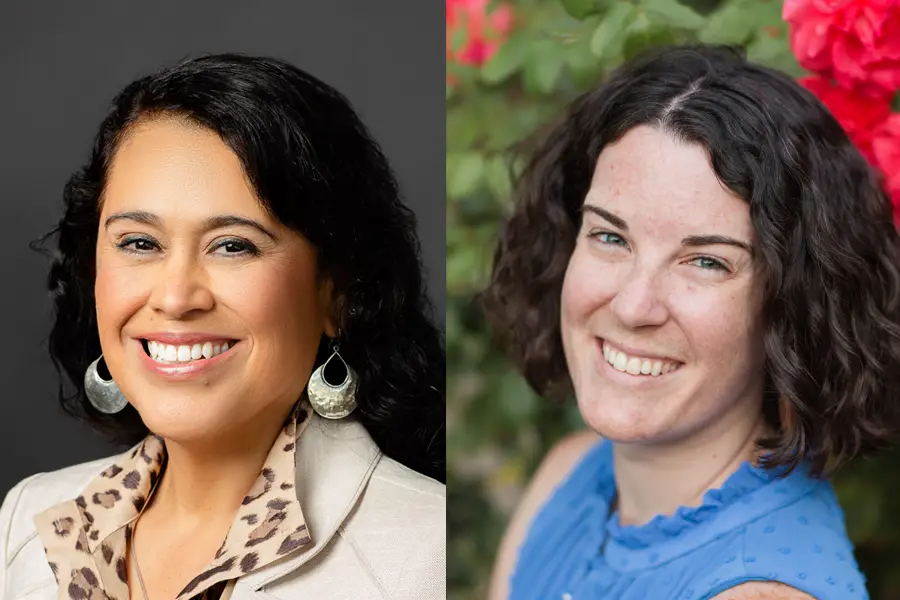This seminar offers a brief overview of two evidence-based, manualized treatments for Post-Traumatic Stress Disorder (PTSD): Prolonged Exposure (PE) and Cognitive Processing Therapy (CPT). Participants will gain an understanding of the theoretical foundations, core techniques, and practical applications of both treatments. The seminar will explore key elements of PE, such as imaginal and in vivo exposure, and the ways in which CPT targets maladaptive thoughts associated with trauma. Emphasis will be placed on practical application of basic components to deliver these interventions in a diverse patient population.
Course Objectives
At the conclusion of this course, participants will be able to:
- Explain the principles and goals of Prolonged Exposure and Cognitive Processing Therapy.
- Describe the stages and key components of each treatment model.
- Identify and address common barriers and difficulties in treatment.
- Apply practical strategies for integrating PE and CPT into their clinical work with PTSD clients.
Instructional Level
This CE program is free to Kaiser Permanente employees.
Instructional Methodology
Lecture
Audio/Visual
On-line Presentation
Continuing Education Information
Kaiser Permanente Mental Health Training Programs (KPMHTP) is approved by the American Psychological Association to sponsor continuing education for psychologists. KPMHTP maintains responsibility for this program and its content.
Kaiser Permanente Northern California Mental Health Training Programs designate this live activity for 3 hours continuing education credits for the above-identified licensed professionals.
Refund and Attendance Policy
This session is free to all Kaiser Employees. There is no known commercial support for this program. For questions and requests for information, please contact our program evaluator: supria.k.gill@kp.org
IMPORTANT NOTICE: Those who attend the program in full and complete the appropriate evaluation form will receive CE credits. Please note that credit will only be granted for those who attend the entire lecture.

